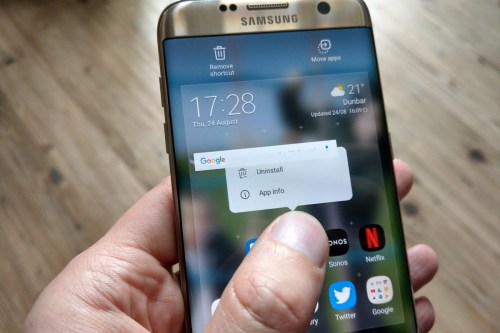
Google began collecting the addresses of nearby cellular towers from users devices in early 2017 after a change to Firebase Cloud Messaging service. Firebase, owned by Google, runs by default on Android devices. Firebase Cloud Messaging allows third-party app developers to send notifications and messages to devices running both Android and iOS.
While the address of a singular cellular tower can provide a general location, the ability to triangulate data from multiple towers can provide much more in-depth location data. While the data collected for devices in rural and suburban areas may only provide a location within a quarter of a mile, the high density of cellular towers in urban areas can provide much more detailed information.
This isn’t the first time Google’s privacy policy has raised concerns. Although Google’s privacy policy states it may collect location through multiple means, including the location of nearby cellular towers. The privacy policy does not, however, state that this data will be collected even when Location Services are turned off and the device does not have or use a carrier SIM. Privacy advocates believe Google’s data collection extends far beyond a reasonable expectation of privacy and could be potentially dangerous for law enforcement officers, domestic violence victims, and others who wish to keep their location information private.
The report comes after U.S. lawmakers blasted internet companies like Google on its increasingly invasive data collection practices. While data collection can be useful for certain tasks, internet companies are increasingly collecting very personal information including voting histories, location data, and purchasing histories. This data can then be used to create extremely targeted marketing and advertisers for users.
When contacted by Quartz, a Google spokesperson stated the data collected through Firebase was “distinctly separate from Location Services, which provides a device’s location to apps.” While Location Services can be disabled on Android devices, Google did not give users an option to opt-out of the collection of data from cellular towers.
In an email to Quartz, Google stated the data was used to “further improve the speed and performance of message delivery” and that the data was “never incorporated in our network sync stem, so that data was immediately discarded.” In the same email, Google announced it discontinued its collection of cellular location data from Android devices.
Editors' Recommendations
- Motorola just launched a new Android phone to take on the Google Pixel 8a
- The Google Pixel 8a is official. Here’s everything that’s new
- The Google Pixel 8a price just leaked. Here’s how much it’ll cost
- Every Android tablet we’re expecting in 2024
- Android 15 release date: When will my phone get the update?